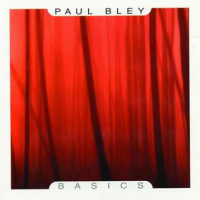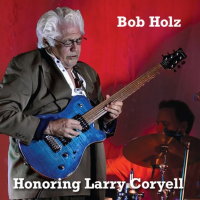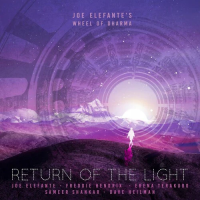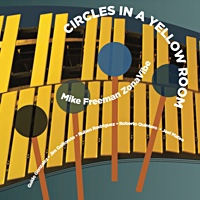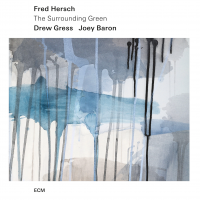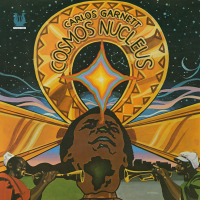Home » Jazz Articles » Album Review » Paul Bley: Basics
Paul Bley: Basics
Basics presents Bley in his fourth solo outing on Justin Time Records, and perhaps Bley alone is the best way to appreciate him. His hard-to-pin-down tonal centers and his unpredictability as he employs the full keyboard for complex expression has inspired successive piano masters like Fred Hersch and Keith Jarrett. The freedom in Bley's style, even as he references the original intent of a song, releases the pianist from written and even harmonic constraints. As Herbie Hancock told Larry Willis, "Remember that the octave consists of twelve tones," meaning that the augmentation of chords and their resolutions can assume twists and turns of the musician's choosing. Utterly unconventional, Bley perceived and practiced this aesthetic before Hancock was recording, Bley expanding his tonal pallette through whatever means possible such as his early ventures into electronics.
Unlike Bley's ECM recording, Not Two, Not One, Basics presents a more relaxed and less thunderous Bley, who retains his signature looseness and closely knit chords before they splinter into rivulets and floods of sound.
Perhaps one of the most interesting tunes on Basics is Monk's Mood. What would Bley do to interpret the tune? The listener already knows that he won't re-create the tune through Monk's style. Rather, Bley smooths out the jaggedness of the tune and expands its rhythm freedom, taking one measure and altering it several times in wonder.
It seems that Bley names his tunes according to the mood that he intends to express. We have "Startled," which perversely doesn't startle the listener at all. Instead, it proceeds in an ebb and flow as a quasi-ballad form. That is, the tune undergoes so many unanticipated modulations that it couldn't be sung, in spite of its reassuring tenor. "Walk Home" also defies expectations, perhaps because the walks that Bley describes are more ruminative and slower than, say, most city-dwellers'. If the imagery created by the tune were descriptive, then Bley's walks would be all-absorbing and thoughtful, taking in the colors and energy and ambiance of each block. Then, "Love Lost" sparingly contains a tentative brightness that one wouldn't expect as well.
Like any other true artist, Bley continues to grow and investigate, and Basics shares the complexity of his thought conveyed through his medium of expression.
http://www.justin-time.com
Track Listing
Love Lost; Basics; Speed Kills; Told You So; Lucky; Chet; Walk Home; Blues Waltz; Monk's Mood; Early Alben; Startled.
Personnel
Paul Bley
pianoAlbum information
Title: Basics | Year Released: 2001 | Record Label: Justin Time Records
Tags
PREVIOUS / NEXT
Support All About Jazz
 All About Jazz has been a pillar of jazz since 1995, championing it as an art form and, more importantly, supporting the musicians who make it. Our enduring commitment has made "AAJ" one of the most culturally important websites of its kind, read by hundreds of thousands of fans, musicians and industry figures every month.
All About Jazz has been a pillar of jazz since 1995, championing it as an art form and, more importantly, supporting the musicians who make it. Our enduring commitment has made "AAJ" one of the most culturally important websites of its kind, read by hundreds of thousands of fans, musicians and industry figures every month.


